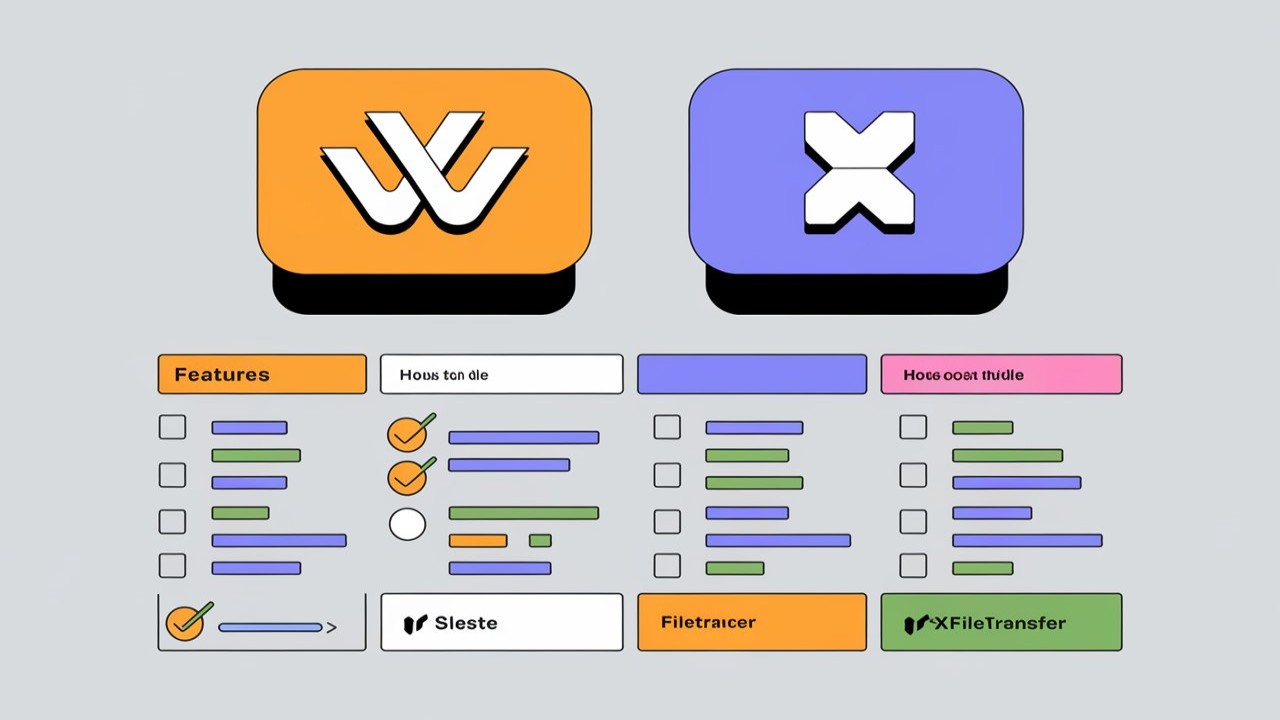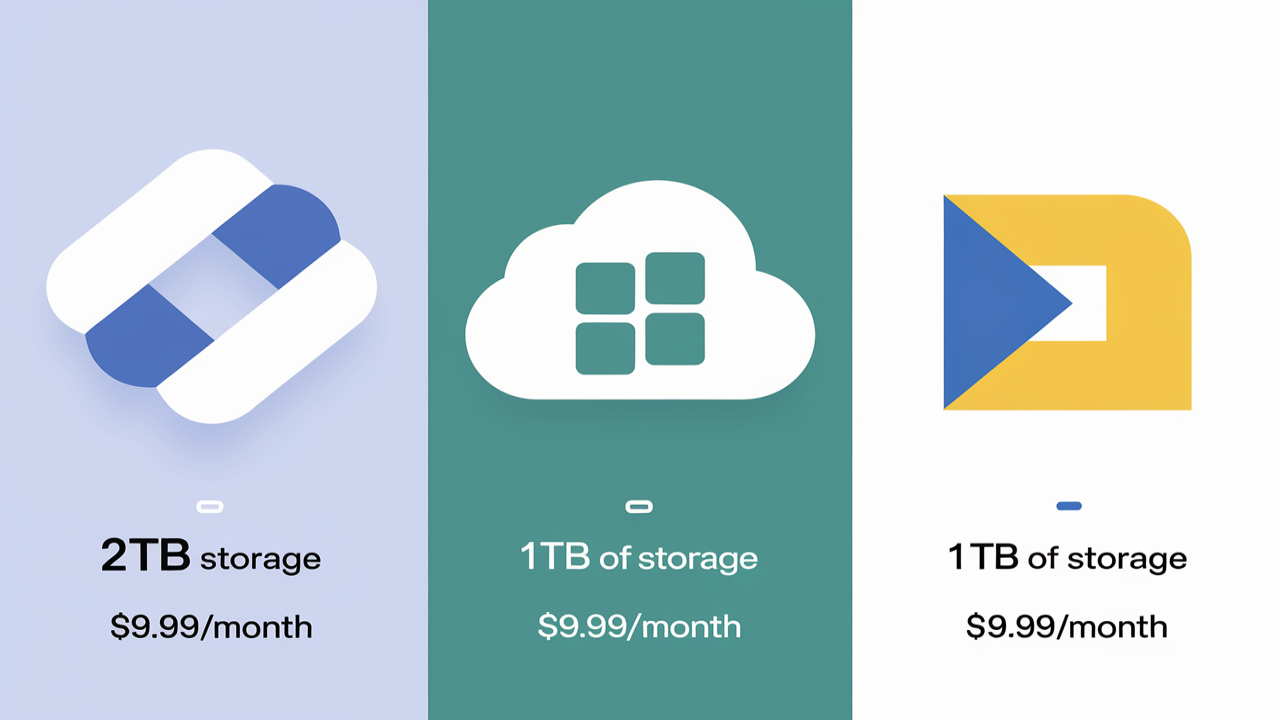The Power of Encryption in File Sharing
In the age of digital communication, file sharing has become an integral part of both personal and business interactions. Whether it's sharing sensitive business documents, financial data, or personal files, ensuring that these transfers are secure is essential. With the increasing number of cyber threats, relying on encryption has become the backbone of secure file sharing. At Xfiletransfer.com, we understand the importance of keeping your data safe, and encryption is at the heart of that security.
Encryption is a method of transforming data into an unreadable format that can only be accessed by individuals who have the correct decryption key. It ensures that any information shared over the internet remains protected from unauthorized access, whether by hackers, cybercriminals, or other prying eyes.
Why Encryption is Essential for Secure File Sharing
When files are shared online, they often pass through several servers, networks, and devices, creating multiple points where the data could be intercepted. Without encryption, any party with access to these networks could potentially read and misuse your data. However, by encrypting your files, you ensure that even if they are intercepted, they remain unreadable without the corresponding decryption key.
At Xfiletransfer.com, encryption serves as a key feature to ensure that your files remain confidential and protected throughout the sharing process. Whether you’re sharing files with a colleague, client, or friend, encryption guarantees that only the intended recipient can access them.
Moreover, encryption is critical for regulatory compliance. Businesses in sectors like finance, healthcare, and law are often subject to strict data protection regulations such as GDPR, HIPAA, or CCPA. These regulations require the use of encryption to protect sensitive data when transmitting or storing it. Failing to comply can result in hefty fines and damage to your reputation.
Common Encryption Methods in File Sharing
Encryption is not a one-size-fits-all solution. There are multiple encryption methods that can be used depending on the level of security required and the sensitivity of the data being shared. Below are the most commonly used encryption techniques for file sharing:
Symmetric Encryption
Symmetric encryption involves using a single key for both encryption and decryption of the file. This method is fast and is often used for encrypting large files or bulk data. The major challenge with symmetric encryption lies in the secure exchange of the encryption key. If the key is compromised, the encrypted data can be easily unlocked.
One of the most widely used symmetric encryption standards is AES (Advanced Encryption Standard). AES provides robust security and is available in various strengths, such as 128-bit, 192-bit, and 256-bit encryption, with the latter offering the highest level of security.
Asymmetric Encryption
Asymmetric encryption utilizes two keys—a public key and a private key. The public key is used to encrypt the file, while the private key is used for decryption. This method adds an extra layer of security since even if the public key is exposed, the private key remains secret, ensuring the file can only be decrypted by its rightful owner.
The most common asymmetric encryption algorithm is RSA (Rivest-Shamir-Adleman). RSA is widely used in secure communications and digital signatures, ensuring that sensitive files can be safely shared between parties without risking exposure.
End-to-End Encryption (E2EE)
End-to-end encryption ensures that files remain encrypted from the moment they are sent until they are opened by the recipient. This method is often used in secure messaging services, but its use is growing in file-sharing platforms like Xfiletransfer.com, where we ensure your files are encrypted during the entire transfer process.
Advantages of Encryption in File Sharing
Data Confidentiality
At Xfiletransfer.com, encryption guarantees that only the intended recipient can access your files. Even if someone intercepts the data during transfer, it will remain unreadable without the corresponding decryption key. This provides complete confidentiality for sensitive data, protecting it from unauthorized access.
Protection from Cyber Threats
The internet is rife with potential cyber threats, from hackers to malicious insiders. Without encryption, these threats can easily gain access to sensitive information. Encryption minimizes this risk, ensuring that even if data is intercepted, it cannot be deciphered or misused.
Compliance with Data Protection Laws
Many industries, especially those dealing with personal or sensitive data, are subject to strict data protection regulations. By using encryption, businesses can ensure that they comply with laws like GDPR, HIPAA, and other regional or industry-specific regulations. Failure to adhere to these standards can result in legal penalties, as well as the loss of customer trust.
Data Integrity
Encryption not only protects the privacy of your files but also ensures their integrity. By using encryption in file sharing, Xfiletransfer.com helps ensure that your files have not been tampered with or altered during the transfer. If any modification occurs, the recipient will be notified, ensuring that the data remains accurate and intact.
Securing Cloud-Based File Sharing
With more individuals and businesses turning to cloud storage and file-sharing platforms, encryption plays an even more significant role in ensuring the security of data stored in the cloud. At Xfiletransfer.com, we use encryption both in transit and at rest, meaning your files are protected while being transferred and while stored on our servers.
Challenges in Encryption for File Sharing
While encryption provides numerous benefits, there are challenges that users and businesses need to be aware of.
Key Management
One of the most critical aspects of encryption is managing the encryption keys. In symmetric encryption, sharing the key securely can be difficult, and if the key is lost or exposed, the data can be at risk. Asymmetric encryption, while more secure, requires each user to manage a pair of keys, which can become complex in large organizations.
User Experience
Encryption can sometimes be intimidating for users unfamiliar with its technical aspects. The process of encrypting and decrypting files may require additional steps, which could complicate the user experience. However, Xfiletransfer.com is designed to streamline this process, making encryption simple and accessible for all users, regardless of their technical expertise.
Best Practices for Secure File Sharing at Xfiletransfer.com
To ensure the security of your shared files, we recommend the following best practices:
Use Strong Encryption Algorithms
Always use encryption standards that are widely trusted, such as AES-256 for symmetric encryption and RSA-2048 or higher for asymmetric encryption. These algorithms offer strong protection against unauthorized access and are difficult to crack.
Regular Key Rotation
Encryption keys should not remain static for too long. Regularly rotating keys can minimize the risk of key compromise and ensure that your files remain protected over time.
Leverage End-to-End Encryption
Whenever possible, ensure that your file-sharing platform offers end-to-end encryption. This guarantees that no third party, including the service provider, can access your files during the transfer process.
Educate Users on Encryption
For businesses, it's important to educate employees on the importance of encryption and how to use it correctly. Even the most secure system can be compromised if users do not understand how to handle encryption keys or avoid insecure practices.
Conclusion
At Xfiletransfer.com, we recognize the critical role that encryption plays in ensuring the safety of your data during file sharing. By implementing the latest encryption standards, we provide a secure platform that protects your files from unauthorized access and ensures compliance with the strictest data protection regulations. Whether you’re sharing personal documents, business contracts, or sensitive information, encryption is essential to safeguarding your digital communications.






Comments (0)